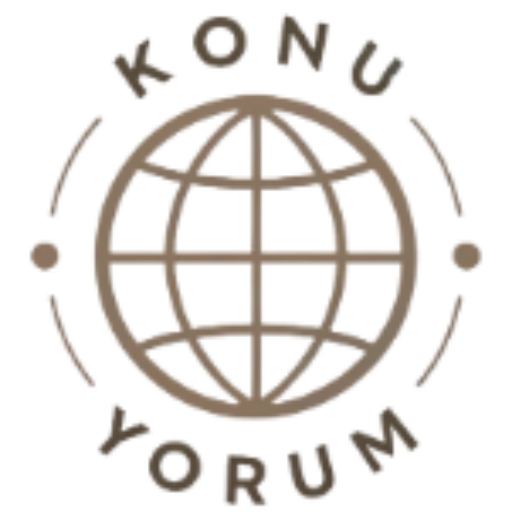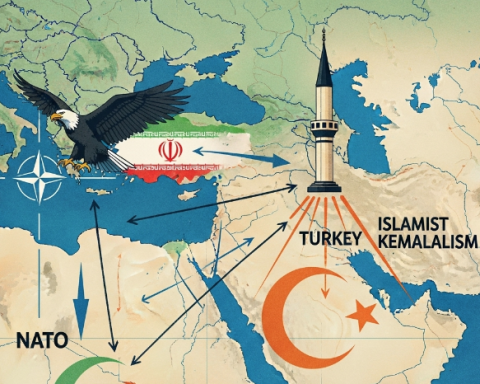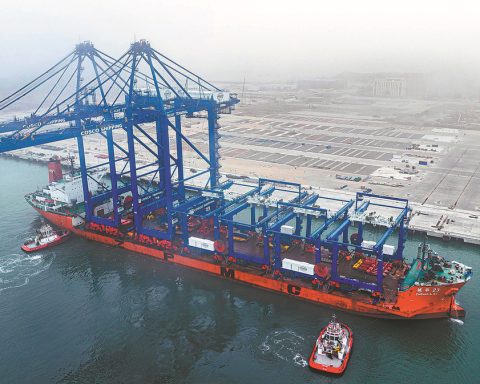The recent terrorist attack targeting TUSAŞ (Turkish Aerospace Industries) drew significant attention as it was a direct assault on a major defense industry facility in Ankara, the heart of Turkey. This attack goes beyond being merely a threat to the facility itself; it carries a strategic message concerning the balance of power in the region and international agendas.
The Choice of Target: A Strategic Message
TUSAŞ is a key institution in Turkey’s defense industry, involved in the development of high-tech products such as aircraft, helicopters, and unmanned aerial vehicles, with approximately 17,000 personnel. The fact that the attack occurred at this location indicates that it was not a random choice but the result of extensive reconnaissance and planning. Moreover, the attack taking place around 16:00, a time when security measures may be less stringent, demonstrates the terrorists’ detailed planning and calculated approach.
Security Vulnerabilities and Lessons to Be Learned
The incident exposed a significant security vulnerability, as the approaching vehicles were not detected, and no preemptive action was taken. Such a strategic facility should have been more effectively protected. This vulnerability underscores the need for enhanced preparedness against similar threats to one of Turkey’s most critical defense industry assets.
The Timing of the Attack and International Context
The timing of this terrorist act is also noteworthy. The fact that it coincided with President Erdoğan’s participation in the BRICS summit suggests a message directed towards Turkey’s efforts to act independently on the international stage. The BRICS summit is significant as it involves a NATO member state attending an organization led by Russia and China, which are perceived as threats by the West. This participation attracted attention from the U.S. and Western countries, while also providing an opportunity for Turkey to demonstrate its independent stance in foreign policy.
Additionally, the attack occurring during a period when Turkey signaled the revival of the peace process is also meaningful. It is believed that this process may not be as effective as before due to the changes in the PKK’s command structure. The fact that Kandil has now taken the initiative and the weakening influence of the terrorist leader on İmralı Island has made the organization’s negative response to the peace process even more evident.
Developments in the Middle East and the Greater Plan
This attack can be seen as part of a broader strategy aimed at redrawing the borders in Syria, Iraq, and Turkey, under the Greater Middle East Project, supported by Israel and the United States. Following the Hamas attack on October 7, 2023, Israel launched widespread military operations, signaling the start of a new era in the Middle East. The presence of PYD/PKK in northern Syria serves as a foundation for a garrison state project that aligns with the interests of Israel and the U.S. in the region.
In this context, increasing pressure on Iran by the U.S. and its allies is expected, with tensions rising even further after the 2024 elections. Whether Turkey will side with the U.S. and the West or maintain an independent course during this period is of critical importance.
What Should Turkey Do?
Measures taken against such attacks should not be limited to strengthening security protocols. Turkey needs to fortify its internal front by revising its policies on refugees and migrants. Steps like canceling the readmission agreement with the European Union, allowing migrants to travel to Europe, and bolstering domestic security should be prioritized.
Furthermore, re-establishing cooperation with the Syrian government and enhancing regional security policies with Iraq and Iran are crucial for Turkey to avoid negative repercussions from the changing dynamics in the Middle East. As a regional power, Turkey must take steps that align with its interests and pursue a balanced foreign policy, learning from past mistakes.
Conclusion
The attack on TUSAŞ should not be seen merely as a simple act of terrorism by insurgent groups; it must be viewed as part of broader strategic objectives. Turkey must take stronger steps in both domestic and foreign policy to counter these threats and act with consideration of regional dynamics. Every decision made during this process will be critical for the country’s future and the stability of the region.














